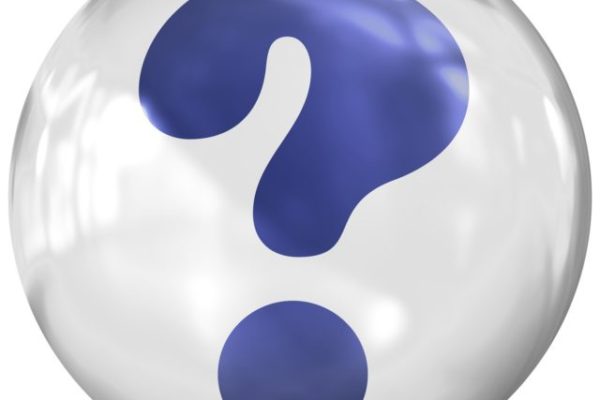If any of you out there are Jeopardy! fans like I am, then these are very sad days. On Sunday, we learned that Jeopardy’s beloved longtime host, Alex Trebek, lost his battle with pancreatic cancer. On Monday, we watched Jeopardy! just as we always have, but it was bittersweet. The game remained unchanged, but the announcement of Alex’s death and the moment of silence in the darkened studio that aired before it began was heart-wrenching. We have already learned that episodes that Alex taped will only air through Christmas Day, and even though we know that plans for the future of the show will be shared with us at some point, we also know that no new host, no matter how successful and perhaps even beloved in time, will ever truly take his place.
I was already obsessed with both game shows and trivia when Jeopardy! began airing in its current format, so it was a natural fit for me. Through the years, I’ve even toyed with idea of auditioning to be on the show. I never worried much about not knowing enough of the answers and questions, and all my years spent not just studying in school and watching the show, but also teaching a wide variety of subjects to my students, only reinforced my belief that I would have a good chance at knowing enough information to do well. What has kept me from following through with auditioning is knowing that I would probably struggle to use the signaling button due to my slow reaction time, not to mention that it would probably be my dumb luck to have the next Ken Jennings or James Holzhauer as one of my opponents!
While the speed of the competition is one way that Jeopardy! proves that there’s more to memorization than simply knowing the facts, the answers and questions themselves prove this in another, much more important way. Clues on Jeopardy! sometimes do only test your knowledge of a single fact, but much of the time, they include two or more facts along with something that connects them, and understanding that connection is just as important to asking the right question as knowing any of the individual facts is. In addition, the connections mean that you can learn new information. If you get a question right because you know one part of the clue, connecting it to the other part and recognizing what they have in common might help you get the other part right when when it shows up in a future clue.
The secret to increasing your knowledge by making connections among facts on Jeopardy! can also be applied to your studies. Though memorization is not stressed in school these days as much as it once was, I believe it is still an important skill to have. In future blog posts and strategy posts, I will provide examples of things you might be expected to memorize, as well as things you might find you need to memorize, along with tips to make memorization more worthwhile. Many of these will involve making connections – recognizing patterns in math facts, using etymology to study vocabulary, using as well as creating memory tricks – but what they will all have in common is that they will make memorization into more than just a list of facts, which will in turn help you make what you memorize into something you will be able to remember over time.
The secret to Jeopardy’s long-running success is that it makes knowledge of facts and the ability to memorize fun by drawing on a wide range of topics and connecting bits of knowledge in many different ways. Some of you may have even played Jeopardy! to review material in class, and I’m sure the competition made preparing for a test more fun than studying the facts by themselves did. Whether you’ve watched Jeopardy! for as long as you can remember or are inspired to give it a try after reading this post, try to notice the connections among the facts in each clue. When you get a question right, ask yourself how you knew it. When you get a question wrong, try to think of a way you might remember the new facts in the clue. The more you watch Jeopardy!, the more you will see the value of increasing your knowledge through making connections, and the more you make connections in your studies as well, the more knowledge you will ultimately attain.
Though Alex Trebek would be the first to say that he was not the star of the show, be sure to take these final few weeks of his run on Jeopardy! to recognize just how integral to the show’s success he has been. It will go on without him, as he himself wished that it would, but it will never be the same. I know I speak for all you longtime fans when I say this, and that I may yet speak for any new fans who give the show a chance these next few weeks- he will be missed.

